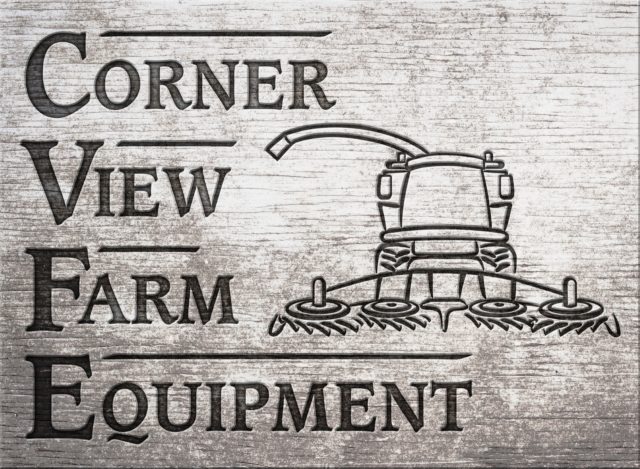My mother went to a one-room country school when she was growing up during the Great Depression. The school had one teacher who taught all eight grades. Back then my mom, along with all the other kids, had to walk to school every day. For my mom, it was a 2-mile walk to school every day and then a 2-mile walk back home. In the wintertime, that could be a real challenge when the snow was deep and it was bitter cold out. My mom didn’t mind because she enjoyed school.
The teacher was a single young woman who always lived at one of the students’ homes during the school year. She got paid very little, but money isn’t everything. She enjoyed teaching the children and was very thankful to have a job when so many Americans were without work. She also walked to and from school every day since she didn’t own a car or a horse.
The teacher would lead the class every day in the Pledge of Allegiance to the American flag. There would also be a Bible reading and prayer asking God to bless their school and country. It sounds hard to believe in this day and age, but this was a public school.
It seems there will always be a troublemaker in school. So it was in my mom’s school. There was a certain boy my mom told me about a number of times over the years. If I remember correctly, I think his name was Johnnie. He was the mischievous sort, always trying to do something funny behind the teacher’s back.
When she was writing on the blackboard, he would find something funny to do. He had to liven up the class a little bit, and over and over again she would catch him doing it. What was his punishment, you ask? The teacher would tell him he would have to stay after school that day again. After school, she would put him to work washing the blackboard, sweeping the floor and getting firewood in for the next day. Fortunately, there wasn’t a labor union back then telling her she couldn’t have him doing that or a judge who ruled that that was cruel and unusual punishment.
Oftentimes at recess, the other boys would tease Johnnie about having to stay after school to work. Johnnie would smile and say, “I get to walk the teacher home.” The truth of the matter was that he enjoyed walking his pretty, sweet teacher home every day. He did it almost every day, too. They lived on farms close to each other, so they had to take the same route home.
On the way home, they would do a lot of talking. Johnnie would tell the teacher about the crops and livestock on the farms and what the farmers were all doing. She would listen to him and ask him a lot of questions. Even though she was his teacher, she was learning a lot from him. She would also tell Johnnie a lot of things from her past. They both enjoyed walking home together.
How many hundreds of times they walked home from school together, I have no idea. But over those years, Johnnie’s love for God and America grew. He greatly appreciated the great freedoms and privileges he grew up with. He greatly valued the one-room country school where they could pray and read the Bible and get a good education. He appreciated he could go to church on Sunday and worship God freely.
Johnnie finished country school and went to work. Then tragedy hit. It was Dec. 7, 1941; the Japanese bombed Pearl Harbor, bringing America into World War II. What did Johnnie do, you ask? His beloved country that had blessed him with so many freedoms and privileges had been attacked. His family and loved ones, including his teacher, were all in danger. His country sent out the call for young men to join the military. So Johnnie joined the U.S. Army. It was the only thing he could do.
Johnnie received his training and then was sent to a foreign battlefield. There, in terrible fighting, he was killed. He is one of those who never returned home. He was buried on foreign soil.
Johnnie fought and died for the country he loved. The one in which he could go to school and receive a good education with a prayer and Bible reading in the classroom and then walk the school teacher home afterwards. The one in which he didn’t live in terrible fear of what would happen to him when he pulled his pranks. The one in which he could go to church on Sunday and freely worship God. That is the America Johnnie and many others like him fought and died for.
Sadly, in America today, we don’t have many of those freedoms. It’s illegal for teachers and students in public schools today to pray and read the Bible out loud. Why is it, you ask? Did the Japanese and Germans defeat us and take those freedoms and privileges away from us and our children? Certainly not. Johnnie and many others like him did not shed their blood in vain.
Rather, over the years, judges and politicians have slowly taken away many of the freedoms and privileges Johnnie and so many others died for. It is truly a very sad thing. Yet, we do have many freedoms and privileges in America today, for which I am very thankful. Let each of us use our freedoms and privileges wisely for the glory of God. Let us remember the great price Johnnie and so many others paid for these. If we do so, their sacrifice will not have been in vain.




